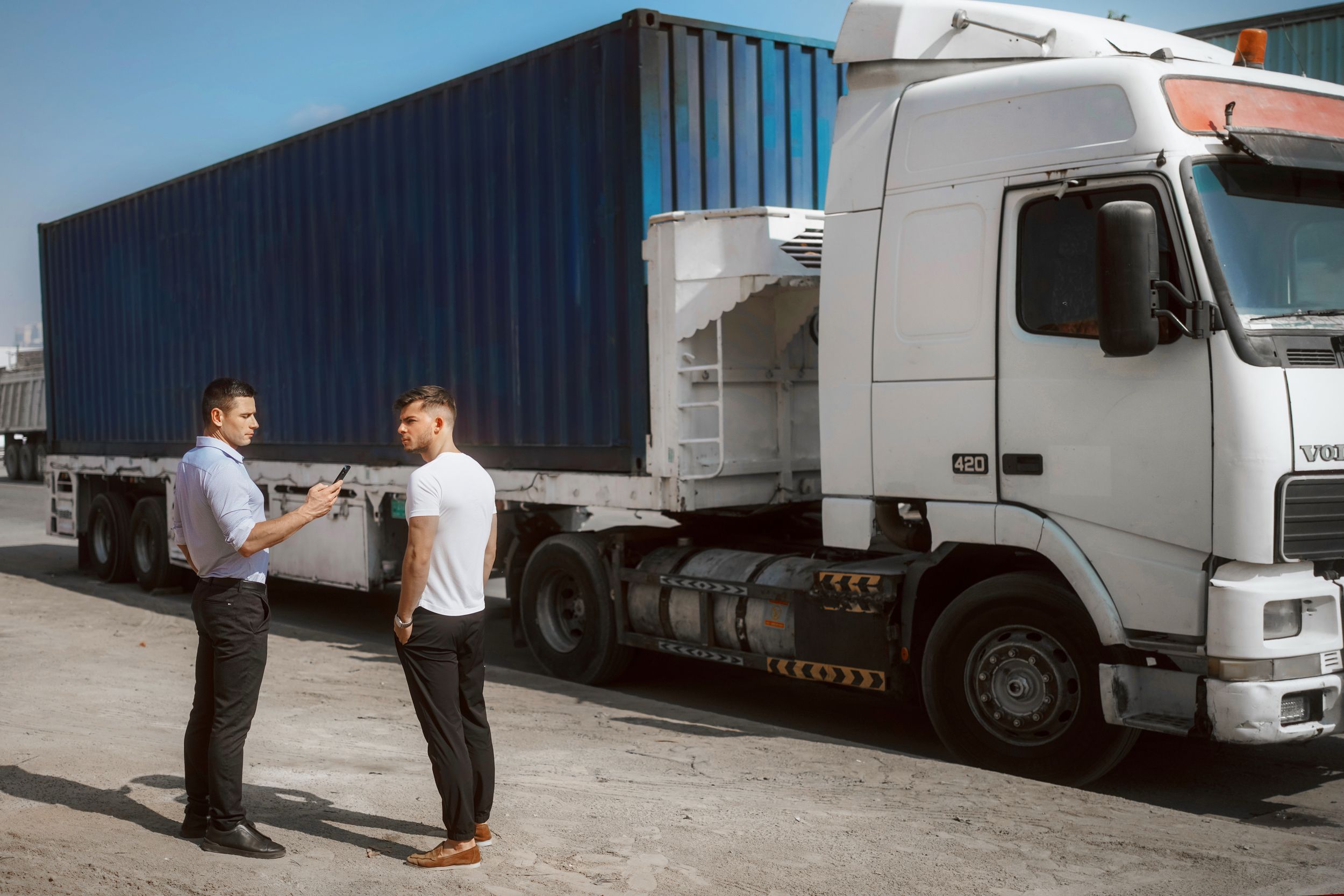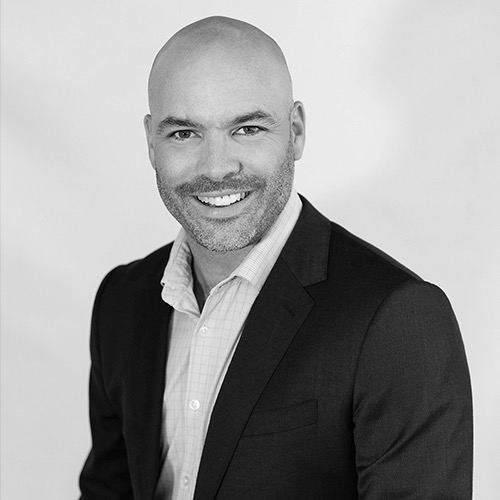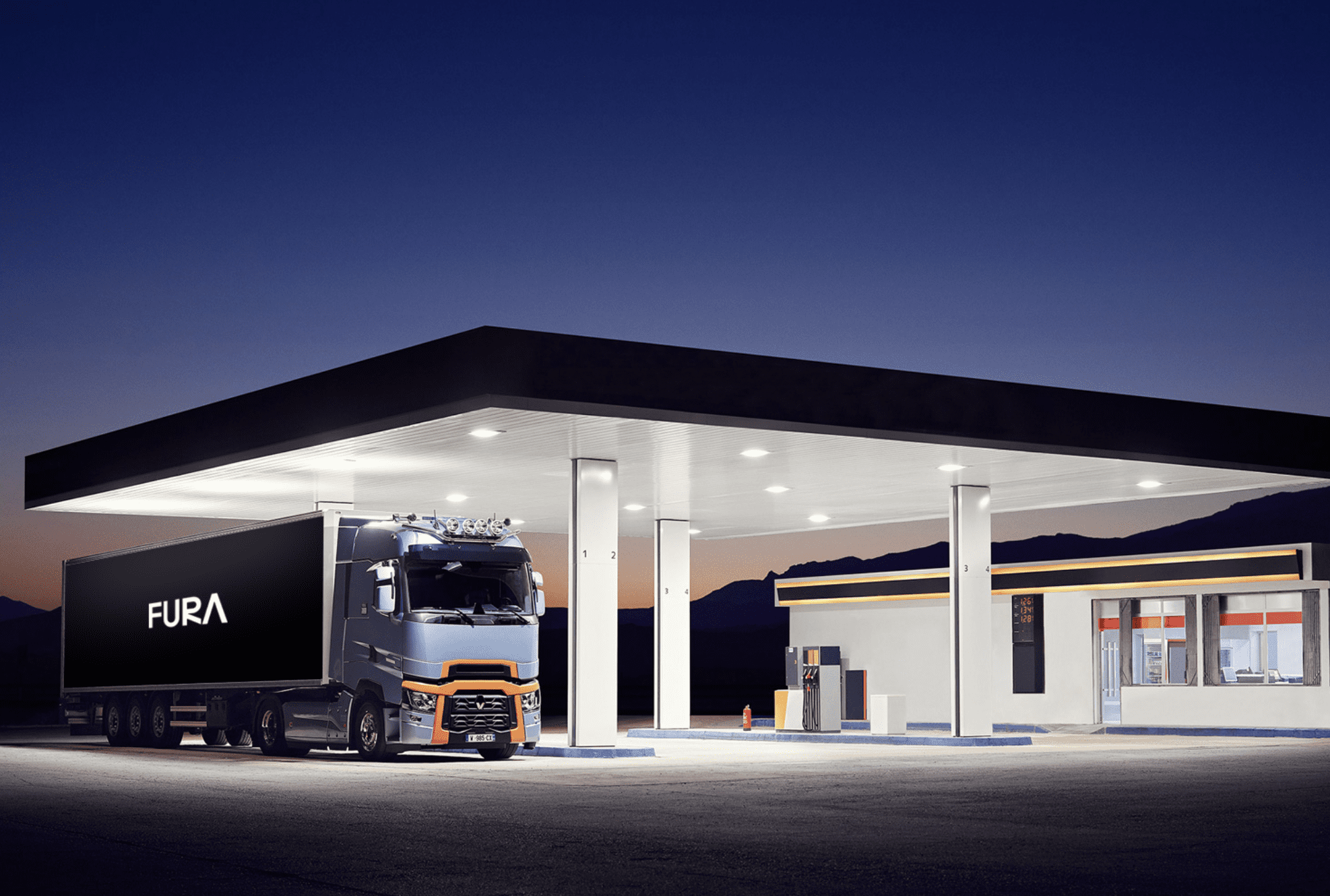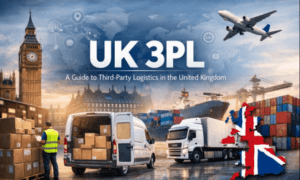Fura is a platform and service that empowers shippers and carriers of all sizes to take control of their freight and deliver on their goals. Fura plans to revolutionize the traditional market of logistics. We spoke with their CRO Jeff Dangelo, to learn more about their exciting goals and strategies.
TB: Jeff, you recently joined FURA. Can you tell us more about the company and its goal?
Jeff Dangelo: I was a founder of Turvo, which was designed and built like a Facebook product for logistics. Recently I joined Fura, and I am very excited about the company and, most of all, about the people.
FURA is more than just a logistics company or technology platform. We are focused on solving problems like lack of visibility and automation and the fact that many shippers and carriers need access to world-class technology and data to manage their logistics. Also, we managed to build a world-class team. We have entrepreneurs, builders and technologists from companies like Amazon, UBER, DNY, etc.
Future of logistics
TB: Fixing? Is it broken?
Jeff Dangelo:
In a way. Let’s put it this way: it can be modernized. Logistics is one of the most traditional industries out there and the huge one: the logistics and supply chain market is roughly $1 Trillion domestically.
But many of the conventional logistics companies may not survive the next 10 to 20 years, despite their strong relationships, due to their lack of financial resources, forward-thinking vision, or technological expertise necessary to develop or acquire and implement advanced technology.
The stock market serves as a prime example of how industries undergo evolution over time, a concept we frequently discuss. Think of how the stock markets evolved over time. Technology unlocked that, now, many people do everything online instead of dealing with stockbrokers.
TB: What can be done in logistics?
Jeff Dangelo:
In this industry, there are still a lot of inefficiencies. A lot of stuff shouldn’t be done by humans, like invoicing, booking, tracking, etc. For example, now it requires almost 30 phone calls to manage 1 load and move it from point A to point B, whereas, in fact, it can be done in a few clicks or automatically. And we are getting there, but very slowly.
Even though companies are adopting digital brokerage technology, it must still become more common. In fact, digital freight brokerages only made about $2 billion in revenue in 2021, which is small compared to the whole shipping market. But hey, it’s a start, and it’s definitely a trend worth keeping an eye on!
I will give you another example. There are cases of assistance of a broker making $300,000, while the broker himself makes $2 M per year. And all they do is move shipments. If they’re a $7 billion company that can afford those expenses, and nothing is wrong with that, but is that efficient? How does that add value to your customer and carrier partners? What they do can be easily automated.
TB: What exactly does FURA do to modernize a company? How does it work?
Jeff Dangelo:
When we buy companies, obviously, there are different models. Our platform consists of technology and automation, as well as an operational model. The operational model optimizes for automation and customer experience. We don’t want to forget that if you look at most tech-enabled logistics companies, their focus is on “How do I aggregate transactions? How do I get them to use the app? How do I get the app?” However, relationships are important, and we don’t want to throw those away.
TB: How is Fura planning to change the industry?
Jeff Dangelo:
Fura aims to revolutionize ground logistics by buying logistics companies and digitizing them. We are building the future of logistics step by step, but we are very fast. Fast and aggressive in expansion. Our team is an M&A machine, and we can buy several companies yearly. We are already in the middle of some big deals, and we will announce them soon! Also, you can learn more watching our podcast.
Challenges of the industry
TB: What are some of the challenges that you help to overcome?
Jeff Dangelo:
Shipping costs are going through the roof – they’ve increased by around 60% since 2017. And things are getting worse because of a lack of technology implementation, lack of data, no transparency, lack of visibility, too much manual work, etc. The traditional freight brokerage process is challenged by the sheer size of over 100,000 shippers, 16,000 brokers, over 240,000 small-medium carriers, and an ever-increasing number of trucks on the road. More than that, inefficiency causes devastating environmental impacts; we help to solve the “empty leg” problem on big 9not local) runs.
TB: How many years do you think it will take to transform the industry?
Jeff Dangelo:
As I mentioned before, the entire industry will change in 5-10 years, and we are on the frontier of those changes. We are very consistent in what we are doing, and we take risks, but they are very well-calculated risks.
TB: What is the ideal company for Fura to purchase at the moment?
We are looking for logistics companies between $10mm and $100mm+ in revenue, positive EBITDA, and owners who want their companies to evolve into the next generation of tech-enabled logistics organizations. We talk a lot about it in our podcast. Subscribe to keep up with the updates!





































